Overcoming gender stereotypes
In a society where women are often expected to stick to traditional roles, girls' participation in science is not simply about learning, but also about overcoming gender stereotypes.
The "Girls in Science" program, implemented by the United Nations Children's Fund (UNICEF) in collaboration with the Kyrgyz Ministryof Education , has opened the door for children to enter the world of Science, Technology, Engineering and Mathematics (STEM).
Akdana Egemberdieva, a chemistry teacher at School No. 6 (Kyzyl-Kiya town, Batken region, Kyrgyzstan), shared that since participating in the project, her students have become more courageous and confident.
They realize that they can contribute to science and society, rather than being limited by traditional expectations. This change in thinking opens up new horizons and opportunities for them.
Beyond the classroom, the program’s impact has spread throughout the town. Students take their scientific knowledge home, share it with their families and neighbors, and put what they’ve learned into action in their daily lives.
They become agents of change, inspiring others to get involved in solving local problems. This promotes the development of critical thinking and active citizenship in young people.
Participating in the Girls in Science initiative has not only made a difference for students, but also for teachers. Ms. Akdana admitted that when she first joined the program, she felt uncomfortable, but with the support of her mentor and colleagues, she gradually overcame her fears.
She now feels more confident and ready to take on new challenges. For her, the initiative not only expands opportunities for girls in STEM, but also helps break gender stereotypes and inspire positive change.
Opportunity to broaden horizons
At Kochkor, Biology teacher Aida Asranbekova also chose to step outside the framework of conventional lessons to help students see that science is not only in books but exists all around us.
Participating in "Girls in Science", Ms. Aida and her students learned about ecology and local fauna as well as waste disposal issues. In the end, she chose two topics: waste pollution in the area and insect research.
"I didn't expect the children to be so enthusiastic. They came up with their own ideas, collected trash and analyzed how to recycle it. They chose the topic of insect research and created a collection to share with other children. They got the whole village involved and spent hours in the mountains collecting," said teacher Aida Asranbekova.
As they participate, they also become more open-minded. Students who were previously uninterested or slow learners begin to make progress in other subjects, thanks to making friends with more capable students. Younger students have the opportunity to ask questions of their older siblings.
The journey to these positive changes was difficult. Aida herself had a lot to learn.
"I used to be scared because everything was new to me. I had to learn a lot of things, working with the instructor almost 24/7. At first, I was afraid to ask questions, but thanks to the project's consulting sessions, I gradually overcame my hesitation.
I constantly call them, ask questions, and work with them to build lessons. Before, I just stood in class and lectured, but now, each class is an active interaction and learning session. Many colleagues have also started to observe and apply this method," she said.
Ms. Aida believes that projects like "Girls in Science" not only help students understand science but also help them become more confident in themselves.
"Before, they were hesitant to give their ideas. Now they are bold enough to speak up, propose solutions and take action," she said. For Ms. Aida, the UNICEF project has given both teachers and students the opportunity to broaden their horizons. They understand that science is not just a theory in books, but a powerful tool to change the world around them.
Since 2020, the Ministry of Education and Science of Kyrgyzstan has been working with UNICEF to promote STEM education for both girls and boys, especially in vulnerable communities. As a result, more than 60,000 young people, including 48,000 girls, have been exposed to STEM education and inspired to prepare for careers in these fields.
Source: https://phunuvietnam.vn/truyen-cam-hung-tao-co-hoi-tiep-can-stem-cho-hon-48-nghin-tre-em-gai-20250425150442203.htm








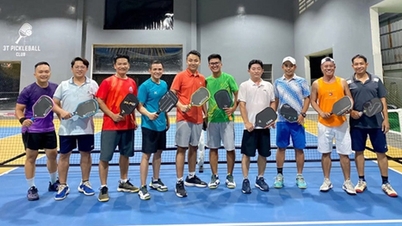


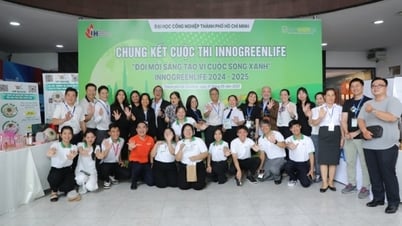

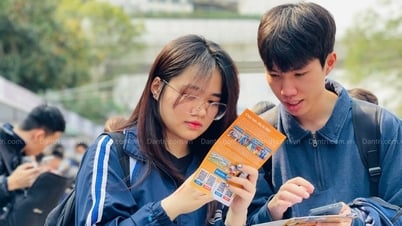

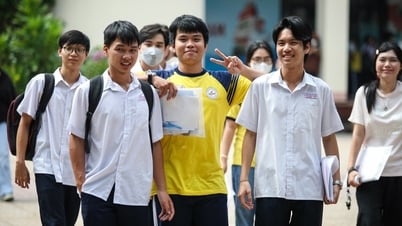

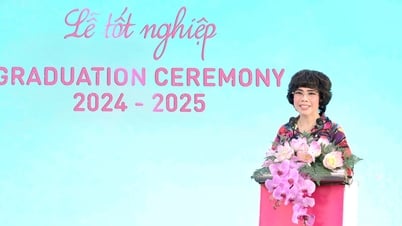





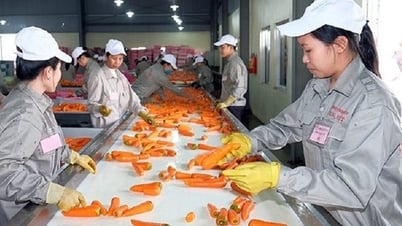
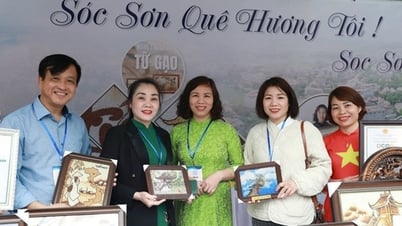
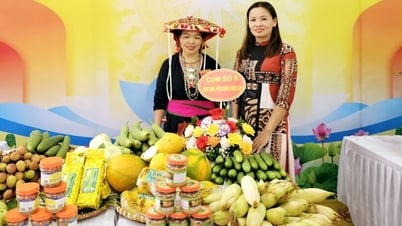


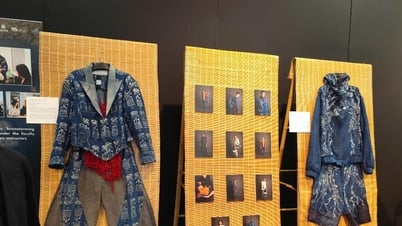



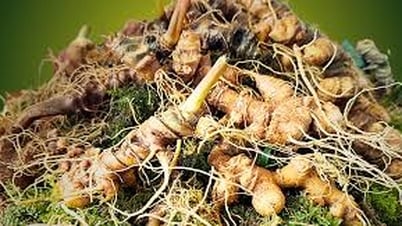





















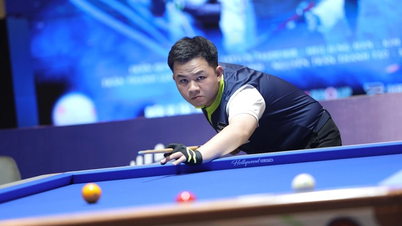




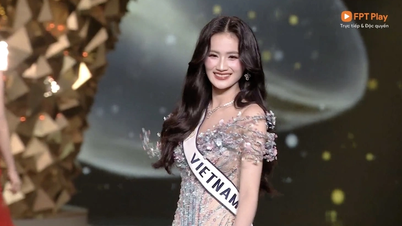
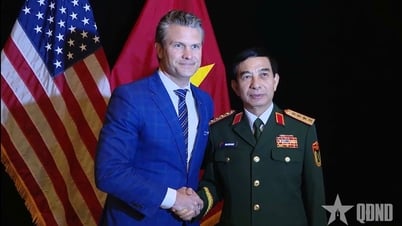





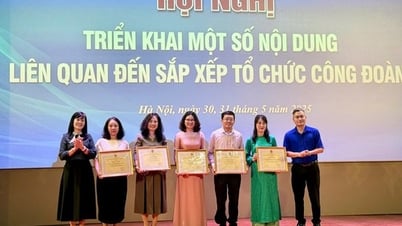
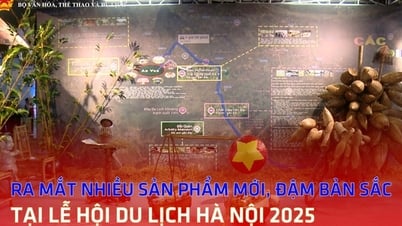




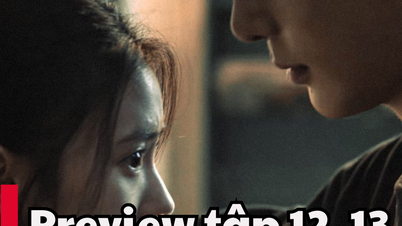


















Comment (0)